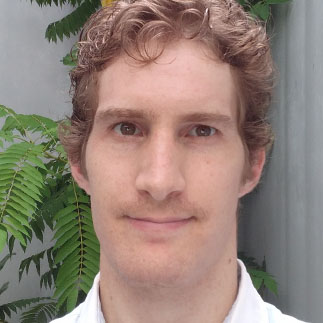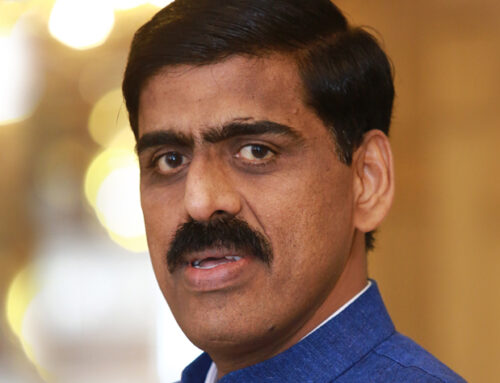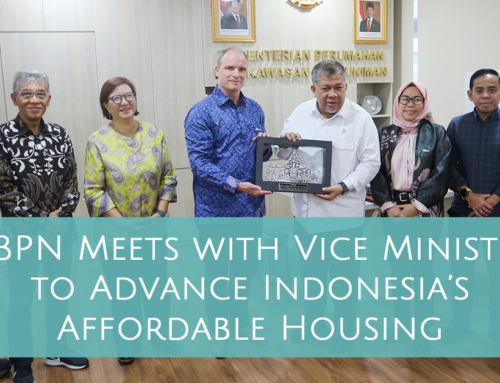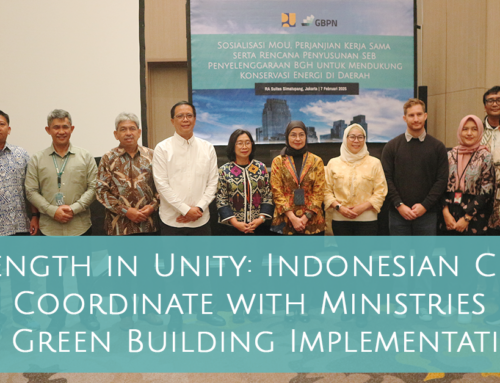GBPN is working to progress the rapid adoption of green building and solar panels in Bali. The complex project requires bringing together diverse stakeholders to find innovative solutions that will meet the needs of the local environment and conditions.
 According to Yeni Indra, GBPN’s Sub-National Strategic Projects Lead, the need for collaboration meant the team needed to find a creative new way of working.
According to Yeni Indra, GBPN’s Sub-National Strategic Projects Lead, the need for collaboration meant the team needed to find a creative new way of working.
“Because we needed to bring so many stakeholders together, we developed an initiative that was specifically designed to support multi-stakeholder engagement,” she said.
“HIDUP is a GBPN initiative that aims to connect local and global expertise, and progress policy reform and implementation. Meaning “Alive” in Bahasa Indonesia, HIDUP has been recognised by the UN as a best practice approach.
“The event in Bali was the first time we were able to engage Indonesia’s elite experts from diverse skill areas in this way to support strategies to decarbonise Indonesia’s building sector. There are seven similar events planned for 2022.”
Fresh approach to engage experts in policy implementation
Ms Indra said the HIDUP group had played a valuable role in progressing the Bali project.
“The Bali project aimed to support the Bali Provincial government and two pilot areas to implement the Bali Clean Energy Governor regulation,” she said.
“We held a Focus Group Discussion (FGD) with the HIDUP experts to capture stakeholders’ views as well as develop local ownership for the implementation of the Bali Clean Energy guidelines.
“We know that knowledge gaps can prevent the effective implementation of sustainable building policies. Our goal is to catalyse experts from various sectors to work together with policy makers to find local solutions that are sensitive to local conditions and can be implemented effectively.”

Experts participate in a Focus Group Discussion (FGD) in Bali
Facilitating collaboration
Ms Indra said GBPN was able to play a unique role in bringing together different stakeholders into a collaborative space where they could work together.
“The FGD participants included building owners, developers, government representatives, HIDUP representatives, and professionals from the building sector and academia. This helped us collect substantial information on the different issues in the Bali building sector,” she said.
“We understand the complicated nature of deploying clean energy policy in terms of the number of stakeholders that need to be involved and the local conditions of each province and city. By consulting local experts, we can capture the different aspirations and perspectives of stakeholders who are impacted by the new regulation.”
Ms Indra said the Bali project would have practical implications for how green building including solar panels could be rolled out, not just in Bali but other provinces across all of Indonesia.
“The focus of the FGD was to enable the rapid adoption of green building and solar panels at scale in Bali. We were also able to collect substantive feedback on the challenges in implementing green building in Bali,” Ms Indra said.
“The learnings we have gained from this process will have potential to inform similar work in places.”
 Matthieu Caille, Project Consultant Indonesia and HIDUP lead, said HIDUP was uniquely positioned to support GBPN projects like the one in Bali to reach their goals.
Matthieu Caille, Project Consultant Indonesia and HIDUP lead, said HIDUP was uniquely positioned to support GBPN projects like the one in Bali to reach their goals.
“HIDUP participation allows stakeholders to learn from local and global best practices through, for example, collecting policy evidence from different perspectives and locations,” he said.
“We held orientation sessions directly with Bali’s stakeholders. We validated and verified information, data and analysis results of the preliminary findings to develop recommendations for the effective implementation of Governor Decree 45/2019 and its mandatory solar panel requirements.
“The HIDUP model meant that a project-responsive working group made up of specialists who are experts in their respective fields was able to bring their expertise to this very specific problem. As a result, they were able to find solutions that were appropriate to the unique local circumstances.”
If you are interested in joining HIDUP, please contact Matt Caille.
Share This Story, Choose Your Platform!
Stay in touch with how we’re transforming the buildings sector
GBPN runs innovative building policy reform programs in key regions around the world that aim to tackle the climate emergency by decarbonising the buildings sector. Stay up to date with our newsletter.
Stay in touch with how we’re transforming the buildings sector
GBPN runs innovative building policy reform programs in key regions around the world that aim to tackle the climate emergency by decarbonising the buildings sector. Stay up to date with our newsletter.







